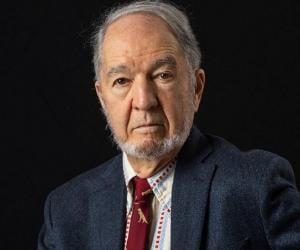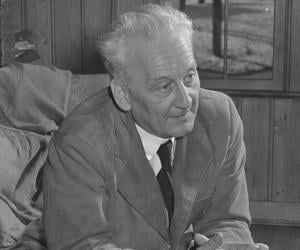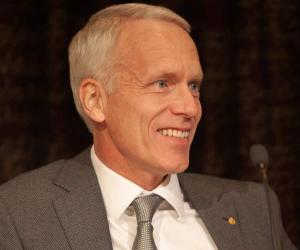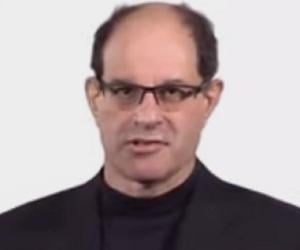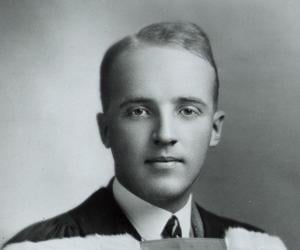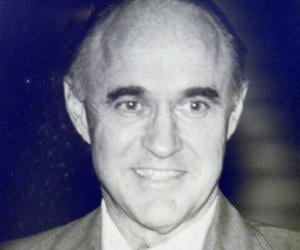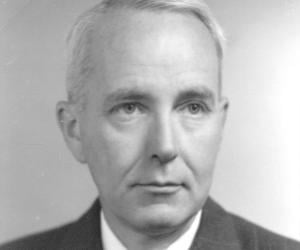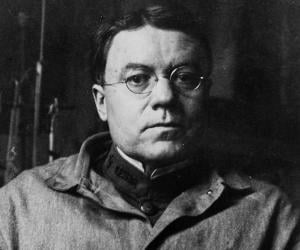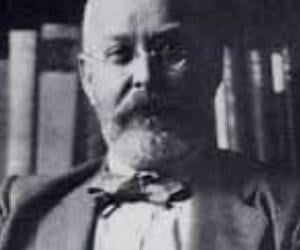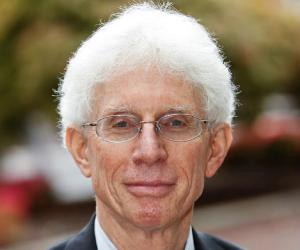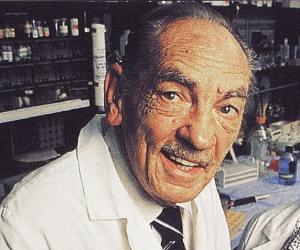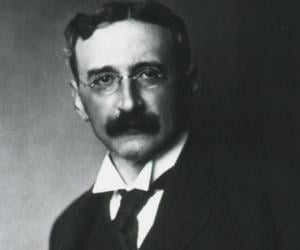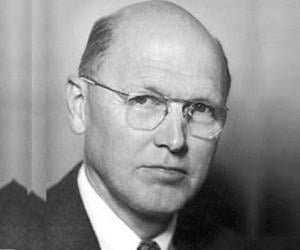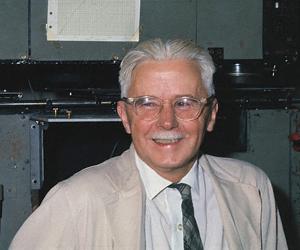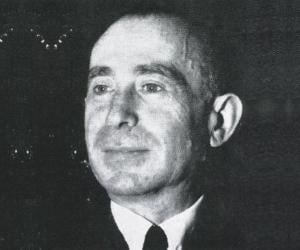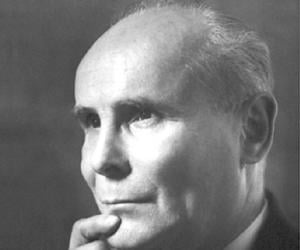1
Jared Diamond
(American Historian, Geographer, Author, and Ornithologist)
Birthdate: September 10, 1937
Sun Sign: Virgo
Birthplace: Boston, Massachusetts, United States
Jared Diamond is an accomplished American scientist, historian, and author. He has received prestigious awards such as the MacArthur Genius Grant and the Pulitzer Prize for general non-fiction for his renowned work "Guns, Germs, and Steel." Diamond has made significant contributions across various disciplines, including anthropology, ecology, geography, and evolutionary biology. Recognized as one of the world's top public intellectuals, he continues to share his expertise through numerous articles and books. Currently serving as a geography professor at UCLA, Diamond's impactful career spans diverse fields of study.
